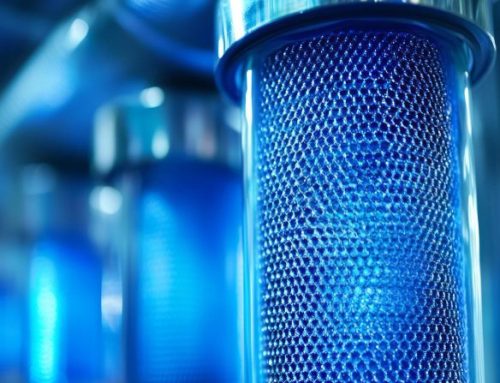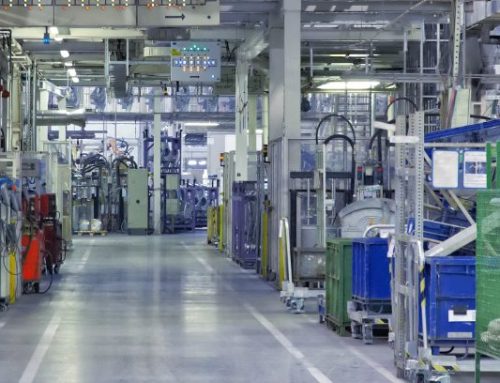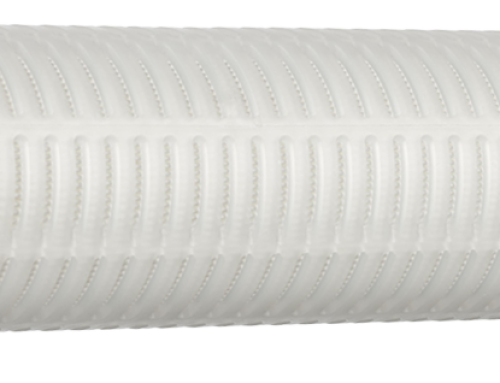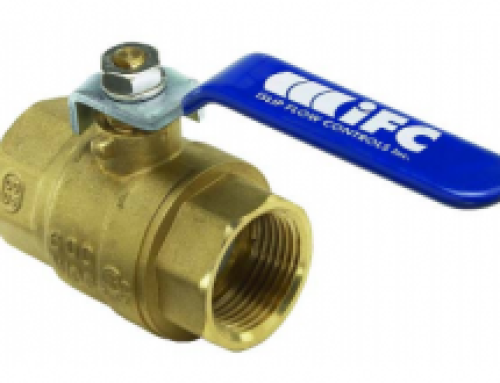Industrial filtration systems remove contaminants from air and gas streams in various industrial processes. They can filter out particles like dust, oil, moisture, and vapors. Food processing companies, pharmaceuticals, electronics manufacturing, and all other industries where the purity of the air and gas streams is vital to maintaining product quality all require industrial filtration systems.
In addition to removing contaminants from air and gases, they also help companies comply with environmental regulations and improve workplace safety. In this article, the manufacturing filtration experts at Advanced Filtration are going to explore how industrial filtration systems work and look at some of their popular use cases, especially for heavy machinery.
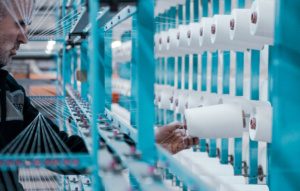
How do industrial filtration systems in manufacturing work?
Industrial filtration systems use scrubbers, HEPA or cartridge filters, separators, precipitators, and other equipment to get rid of fumes, gases, dust particles, oil mist aerosols, and condensed vapors not only on the inside but also on the outside. They also remove any by-products that contaminate the manufacturing equipment as well as the shop floors.
Industrial filtration systems typically have different designs for different industries. Their configurations may also change depending on the use cases.
Here are some popular use cases for industrial filtration systems:
Purifying air and gas streams
Air and gas filtration is crucial in industries where the outputs of many processes need to be clean and unadulterated. Even a slight variation can result in unusable products, which can lead to the rejection of entire batches.
Protection of the workers and the equipment from harmful contaminants is just as important in industries that have pneumatic conveying, additive manufacturing, and landfill gas collection.
Industrial filtration systems can achieve both by purifying air and gas streams by capturing the particles on a filter media, which can be made of various materials such as paper, metal, fabric, or synthetic fibers. The filter media can have different pore sizes and shapes to suit different applications and can also be treated with special coatings or additives to enhance their properties.
These systems ensure the purity and quality of the process outputs, such as products or energy, while reducing emissions and waste, which can have negative impacts on the environment and human health. In addition to providing a clean and safe working environment for workers and customers alike, they also contribute to sustainable manufacturing and production processes.
Protecting equipment from chemicals
Chemical contaminants can be quite abrasive to manufacturing equipment if they are not removed and disposed of properly. Chemicals can corrode, rust, or contaminate your machinery, leading to costly repairs or replacements. But an industrial filtration system can filter out all the unwanted chemicals from the fluids and gases that go through manufacturing equipment. It removes impurities from a liquid or gas stream using physical, chemical, or biological methods.
For instance, vacuum pumps are frequently used to remove moisture from a product in order to transform it into a powdered substance. Some of the powder or moisture may be released into the air stream, which has the potential to accumulate and cause problems with the equipment’s moving parts. The production process can release harmful aerosols and vapors, which can damage equipment and even lead to fire hazards. But industrial air filtration systems eliminate these potentially damaging byproducts.
Isolating desirable product from the air stream
An industrial filtration system can help you isolate your desired product from the air stream during your manufacturing process. There are several reasons why it is important to isolate the product from the air stream during a manufacturing process.
Firstly, it prevents contamination. When a product is mixed with dust, dirt, moisture, or other impurities in the air stream, it can affect its quality and performance. If you are making electronics, for instance, you want to avoid any defects or damage caused by particles or moisture in the air stream.
Next, it also reduces waste. If the product is lost or wasted in the air stream, it can reduce your yield and profitability. For example, if you are making liquids or gases, you want to prevent any leaks or spills that can waste your product and cause environmental problems.
And finally, it improves efficiency. When a product is separated from the air stream, it can improve the efficiency and performance of your process. For example, when making plastics or polymers, it’s vital to control the temperature and humidity of the air stream, which can affect your product’s properties.
But an industrial filtration system can help isolate the product from the air stream by following these steps:
- Capture: The first step is to capture the product particles or substances from the air stream by using a suitable filter media. The filter media can be designed to capture the product by different mechanisms such as mechanical (size exclusion), electrostatic (charge attraction), adsorption (surface attraction), or chemical (reaction).
- Transport: The captured product particles or substances from the filter media are then transported to a collection point. This can be done by using different methods such as gravity (falling), pressure (blowing), vacuum (sucking), or mechanical (scraping).
- Discharge: Finally, the collected product particles or substances from the collection point are discharged to a storage or processing unit.
Safety of your workforce
Industrial filtration systems are beneficial not only for your workers and equipment but also for the environment and society. Many laws and regulations mandate using filtration systems to reduce air pollution and greenhouse gas emissions. For example, the Occupational Safety and Health Administration (OSHA) also regulates exposure limits for various hazardous substances in the workplace. By complying with these laws and regulations, you can avoid fines and penalties, improve your reputation, and contribute to a cleaner and healthier world.
Manufacturing Needs Industrial Filtration To Work
Industrial filtration systems are essential for manufacturing businesses that want to ensure their workers’ safety and workplace environment. By using industrial filtration systems, you can improve your productivity, profitability, and sustainability.
If you want to learn more about industrial filtration systems and how they can benefit your business, please contact us today.


